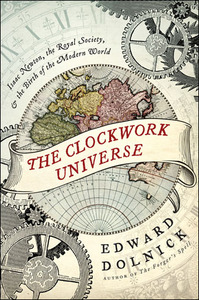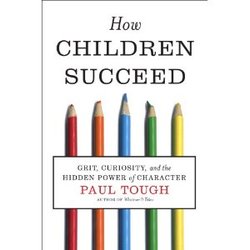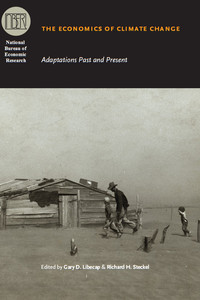(p. 338) . . . I have a sermon ready for Sam if he rejects the offer of a single highly favorable gamble played once, and for you if you share his unreason-able aversion to losses:
I sympathize with your aversion to losing any gamble, but it is costing you a lot of money. Please consider this question: Are you on your deathbed? Is this the last offer of a small favorable gamble that you will ever consider? Of course, you are unlikely to be offered exactly this gamble again, but you will have many opportunities to consider attractive gambles with stakes that are very small relative to your wealth. You will do yourself a large financial favor if you are able to see each of these gambles as part of a bundle of small gambles and rehearse the mantra that will get you significantly closer to economic rationality: you win a few, you lose a few. The main purpose of the mantra is to control your emotional response when you do lose. If you can trust it to be effective, you should remind yourself of it when deciding whether or not to accept a small risk with positive expected value. Remember these qualifications when using the mantra:
- It works when the gambles are genuinely independent of each other; it does not apply to multiple investments in the same industry, which would all go bad together.
(p. 339)
- It works only when the possible loss does not cause you to worry about your total wealth. If you would take the loss as significant bad news about your economic future, watch it!
- It should not be applied to long shots, where the probability of winning is very small for each bet.
If you have the emotional discipline that this rule requires, you will never consider a small gamble in isolation or be loss averse for a small gamble until you are actually on your deathbed and not even then.
This advice is not impossible to follow. Experienced traders in financial markets live by it every day, shielding themselves from the pain of losses by broad framing. As was mentioned earlier, we now know that experimental subjects could be almost cured of their loss aversion (in a particular context) by inducing them to “think like a trader,” just as experienced baseball card traders are not as susceptible to the endowment effect as novices are. Students made risky decisions (to accept or reject gambles in which they could lose) under different instructions. In the narrow-framing condition, they were told to “make each decision as if it were the only one” and to accept their emotions. The instructions for broad framing of a decision included the phrases “imagine yourself as a trader,” “you do this all the time,” and “treat it as one of many monetary decisions, which will sum together to produce a ‘portfolio’.” The experimenters assessed the subjects’ emotional response to gains and losses by physiological measures, including changes in the electrical conductance of the skin that are used in lie detection. As expected, broad framing blunted the emotional reaction to losses and increased the willingness to take risks.
Source:
Kahneman, Daniel. Thinking, Fast and Slow. New York: Farrar, Straus and Giroux, 2011.
(Note: ellipsis added; italics in original.)






